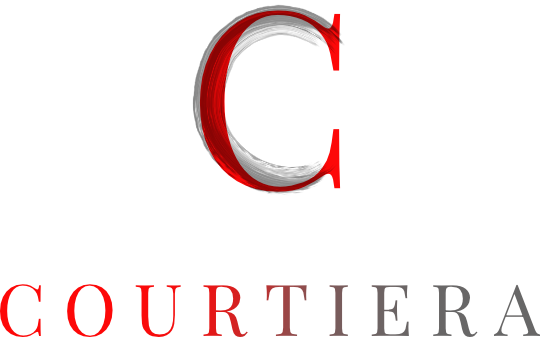What are you good at? Find out your strengths!
When I dare to be powerful, to use my strength in the service of my vision, then it becomes less and less important whether I am afraid. Audre Lorde
Brilliance comes from working with your strengths and exploiting them rather than working against them.
People that work with their strengths have a stronger skill profile of competence and are able to develop a reputation for their work.
What are your strengths?- Exercises to find out what you are good at
But it is hard to see oneself objectively. We are either too self-absorbed and arrogant, or too doubtful of ourselves. It is therefore not easy to always know what you are really good at. Sure you can ask the people around you- your colleagues, your family and friends…but will that alone give you a true, holistic picture of your strengths?
It is advisable to develop a better understanding of your strengths based on different approaches and data, to have rather objective but especially a holistic picture of yourself.
The following exercises help you to find out what you are really good at to built upon that.
1. Exercise to find out your strengths: The Strengths Profile
Write freehanded about your last jobs or projects and ask yourself the following questions:
- What were your key activities?
- Which were the unifying themes/problems/ issues among these projects or jobs?
- What are the related skills and results of these projects or jobs?
- What were the most significant projects you worked on?
- What professional accomplishments make you proud? (professional peaks)
- What do people currently seek you out for? In what areas have you developed a reputation?
After reading your work, ask yourself if any patterns are emerging. You might be able to spot your personal strengths already.
2. Exercise to find out your strengths: The Reflected Best Self
Furthermore the second exercise of the reflected best self might be valuable to find out your strengths.
For that, please follow the instructions below:
- Collect feedback from variety of people inside/outside work about your strengths (ideally with specific examples) about your strengths.
- Recognize patterns/ find common themes
- Compose your self-portrait
- Write a description of yourself that summarizes/distills the information with your own self observations in narrative paragraphs beginning with “When I am at my best, I….”.
- Redesign your job in order to fit your strengths. Develop new goals based on your insights.
3. Exercise: Zone of Competence
Gay Hendricks differentiates, in his book “The big leap” between different kinds of activities falling into one of four zones of competence:
- actions you are not good at (zone of incompetence)
- you are competent in these activities, but others can do them just as well (zone of competence)
- you can do these activities extremely well (zone of excellence)
- through your unique gifts and strengths, you are suited for these activities (zone of genius)
Observe the week ahead of what day-to-day activities, routines, kinds of social interactions, and social roles fall into each category and make a list.
After your observation, try to find out which activities have the potential for your zone of genius. What do you need to strive?
4. Exercise: Core Strengths Motivation
Choose from a list of strengths, at least 10 strengths that best describe you and rank them according to your main problems in life. The top 5 are your core strengths. Write them on a card “I am (strength)” write under this “I vow to use these strengths to prevail over adversity and achieve my goals.”
Put the cards in a place where you can see them first thing in the morning and remind you of your strengths.
5. Exercise: Personality Tests
Furthermore personality test can offer you interesting insights into your strengths.
You might want to consider in taking the following tests in order to get a better profile of yourself:
- MBTI-Test
- Strengths Finder
- Seligman/Peterson character strengths survey
- Values in Action Test
- Enneagram
- DISC
- StandOut 2.0 Test
- Big5
- Career Anchor
- The Cambridge Code Test “Know your Career”
These tests work best in combination. So it can be helpful for you to take more than one test.
After that, you can summarize the findings in one document to have a more precise synopsis of your profile.
Who in the world am I? Ah, that’s the great puzzle.
Alice, Alice in Wonderland
Resources and further reading material:
- George, B. (2015), True North, Jossey-Bass: San Francisco
